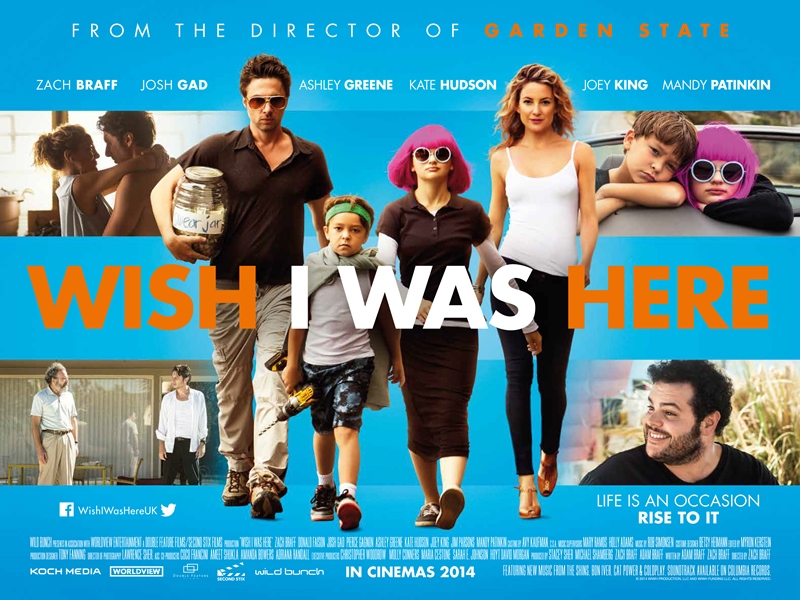After mentioning crowdfunding in my Lectorial reflection, I thought it would be interesting to examine a few successful crowdfunding campaigns in order to deconstruct the platform which has allowed various independent/small-scale media producers to create more ambitious and professional products.
1. VGHS (Video Game High School)
This was a fairly successful web-series (going on to be licensed on Hulu, Netflix and iTunes) created by the online production company ‘RocketJump’. Over its 3 seasons, the show became more and more popular (and mainstream) – raising more and more money through Kickstarter/IndieGoGo and even being advertised (on television, billboards, etc.) throughout America.
Through a positive relationship with their audience, the creators were able to manage 3 crowdfunding campaigns very effectively. The fans were given opportunities to win free merchandise, pre-purchase copies of the show, purchase limited edition items and even attend the show’s premieres. The fans were also involved in the funding process, and many shared the project via Facebook, Twitter, Reddit and more, in some ways becoming major players in the promotion of the series.
2. Zac Braff’s ‘Wish I was Here’
While Braff was able to successfully use crowdfunding to help fund his next film project (raising over 3million in a month), his Kickstarter campaign was a more controversial one than those which funded VGHS. Many people didn’t understand why a fairly successful celebrity was reaching out to the public for money – these people seeing crowdfunding projects as a way for small and unknown creators to achieve their aspirations, not as a way for the already wealthy to collect more funding.

However, filmmaking is a very expensive business, and for this reason alone I believe that Braff was justified in utilising a crowdfunding campaign. He also maintained regular contact with his ‘backers’, providing production updates, bts footage and more – proving his dedication and gratitude towards his supporters.
In Conclusion.
In today’s media environment, crowdfunding may be a vital process for creators, allowing them to be more ambitious and professional in their projects. As the 2 examples discussed above show, the most successful campaigns are often those created by individuals/groups who already hold a fairly large fanbase and/or presence in the media industry – Braff is a well known actor, while the RocketJump company emerged out of a popular YouTube channel with over 7million subscribers.
A clear benefit of the crowdfunding platform is that the creator can hold more creative freedom over his/her project. As VGHS illustrates, a small internet-based production company can create an award winning show without any creative restrictions from distributors/parent companies/etc.
With the major successes of many projects like VGHS and Wish I was Here, many independent creators are now racing to create their own crowdfunding campaigns, however I think there is much to learn about this platform and it’s potentials. As consumers and audience members, we should embrace this new way to support projects we believe in. As future creators, we should continue to investigate this platform in order to learn how we might utilise it to bring our own projects to life.
Here’s a short video created by possibly the most successful Kickstarter user of all time (joke?). Keep in mind, he raised over $50,000 for a project in which he simply wanted to create a perfect potato salad. Zach Brown initially launched the campaign as somewhat of a joke, aiming to raise $60, however; the internet is a strange place and in the end, ‘Potato Salad’ went viral, with almost 7,000 backers Brown was able to turn his small ‘project’ into a pop-culture ‘event’. He created t-shirts, fake advertisements, and meet up events to repay his supporters. Anyways, it’s an interesting story and a great example of the unpredictable nature of the online community.

